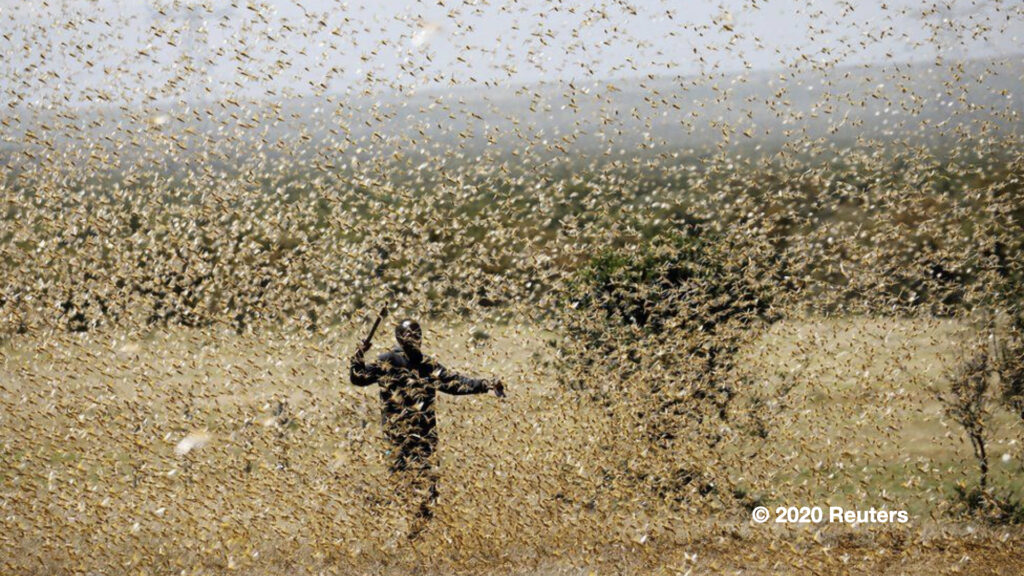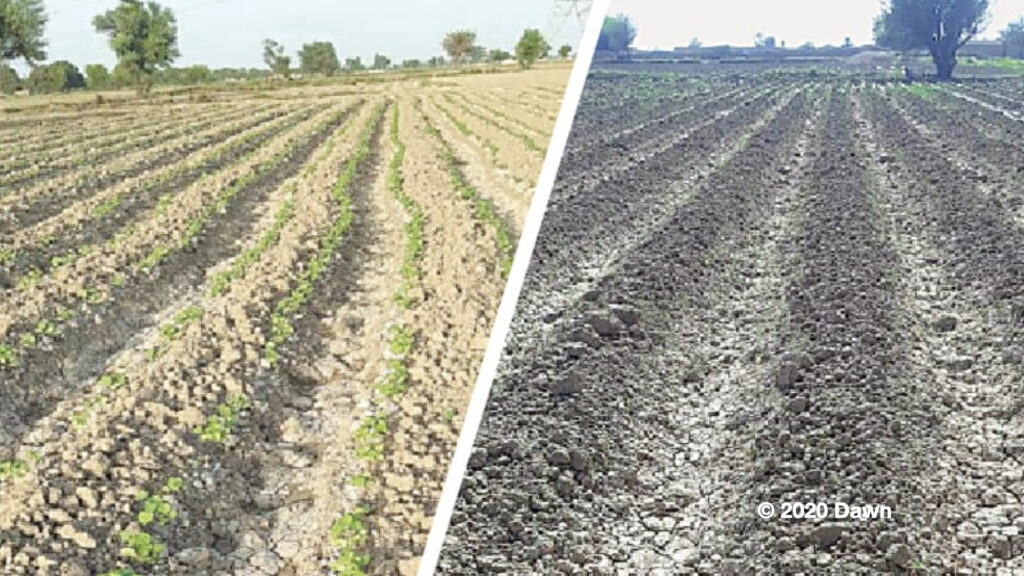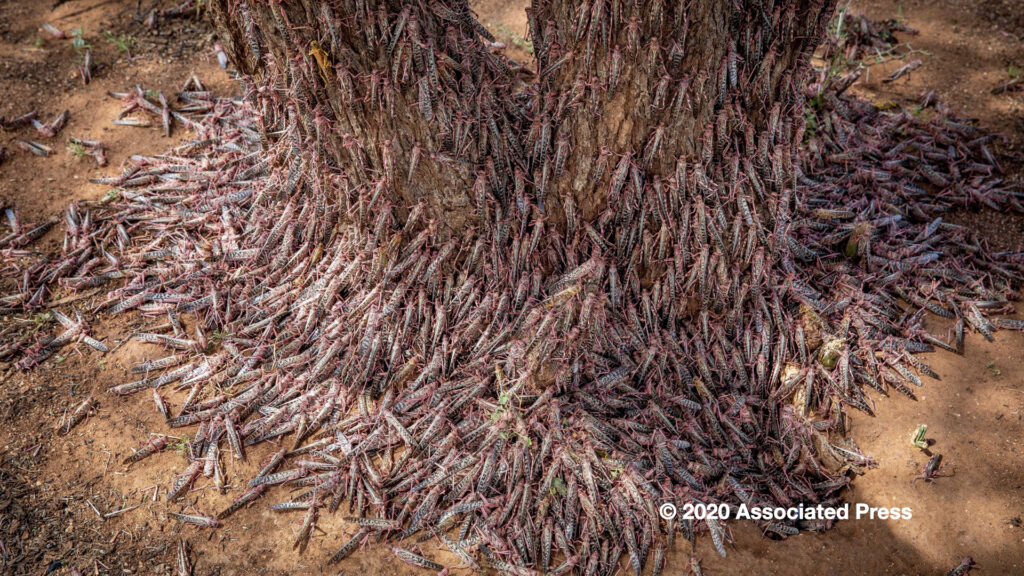June 2, 2024
Joel 1
Spiritual Sleepiness
The Book of Joel, one of the twelve Minor Prophets, opens with a devastating scene. A swarm of locusts had invaded the land, decimated crops and shriveled up the resources of God’s people. As the story unfolds, we see that the people’s hearts had become spiritually dull. The worship of God had dried up. Even before the locusts had come, the people of God were spiritually asleep.
Join Pastor Tommy as we see God’s extraordinary grace in waking his children up from the dangers of spiritual sleepiness, complacency, and lethargy. The loving heart of God the Father never leaves his children to languish on their own, but offers newness of life to all who call on him.




